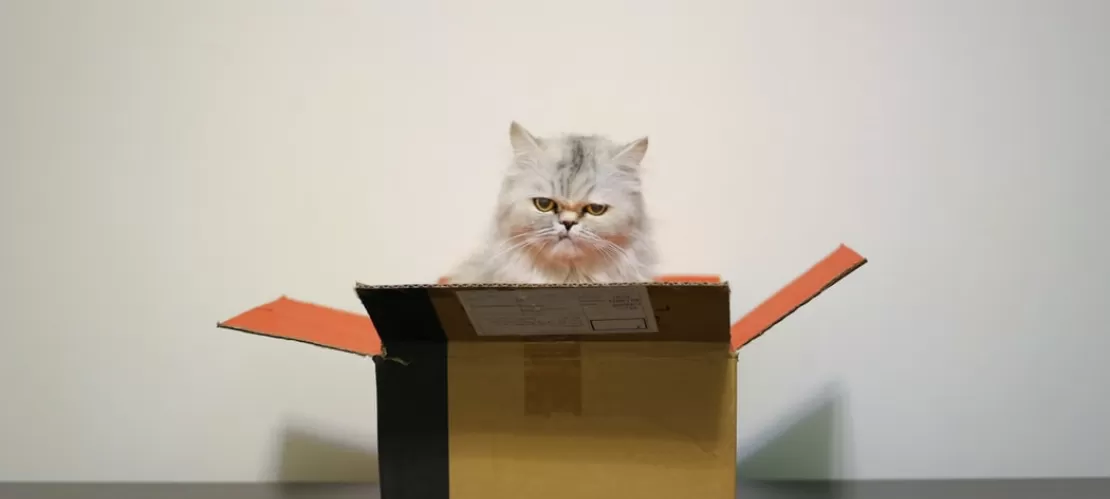
Schrodinger’s cat is one of the most famous quantum theories out there. It isn’t so much a theory as it is a thought experiment that resulted in a paradox. The story goes like this: Schrödinger imagined that if you could put a cat inside a box with a radioactive atom that had a 50% chance of killing the cat and sealed the box, then there were two possible outcomes, the cat would either live or die. But here is the paradox, what happens in the moments before you unseal the box? In Schrödinger’s mind, the cat exists in a state between life and death. This phenomenon is called superposition, which is a fundamental principle of quantum mechanics that says that any two (or more) quantum states can be added together, and the result will be another valid quantum state.
By now, you must be wondering why I am telling you all this, and how could that be connected to any life stories. Or, if you weren’t familiar with the above, you’ve suddenly come to understand all those memes about that infamous cat. Either way, you’ve got something out of this.

By using Schrödinger’s thought experiment, I aim to explain a thought that has been nagging me for the past 20 years. Do we exist? Or are we just an idea made of circumstances?
Let me elaborate. Every single person in our lives has an idea of who we are, and none of those ideas come in complete agreement with each other. But if you put them all together, they would create a valid person, just like superposition can create a valid quantum state.
I bet I am not the only one who has been wondering about this. Most of you would probably identify with it when it comes to Erasmus. We leave our countries as one person, and we come back as a completely different one. We don’t know if those changes are fundamental or superficial, but they exist. So, what changed? Our circumstances. We were in a different country, having a completely different routine, and we were surrounding ourselves with new faces and strange places. Our entire world turned into an infinite possibility for change and growth, and it is only natural that we had to adapt and become a different version of ourselves.
Once we come back, we fall back into our old routine, we surround ourselves once again with well-known faces and places that we identify as home. But it feels different. Our people start shaping a new idea of who we are because there was a shift in our old one. There are still parts of what is familiar, fighting to make it to the surface, but we are not the same.

John Green once wrote ‘’But what I want to know is, is there a “you” independent of circumstances? Is there a way-down-deep me who is an actual, real person, the same person if she has money or not, the same person if she has a boyfriend or not, the same if she goes to this school or that school? Or am I only a set of circumstances?’’
These questions are real, and there is infinite power in trying to answer them by understanding yourself and the changes that happen within you, every time your circumstances change.
That’s why mobility has such a significant impact on youth. It is so much easier to reshape a young person, to feed their soul with ideas of a different world. To create the daydreamers, the ones who won’t stand down, rather than rise to any challenge given to them.

To sum this up, I will try to answer those questions for myself, and maybe I can offer some insight into some of your thoughts. These answers hold a philosophical meaning, a religious meaning, and you can interpret them whichever way you wish. I didn’t know how I would conclude this article. Admittedly, I didn’t expect that I could answer any of those questions, but while writing, I had an epiphany, a ‘’Eureka’’ moment. I don’t need to answer these questions, because it isn’t fundamental to know the answer. No matter what the foundation of our existence is, it is beautiful, and it can even be a bit strange that we have the power to evolve and become better no matter how good or bad our circumstances are. It makes us almost as extraordinary as a cat that is neither dead nor alive.
